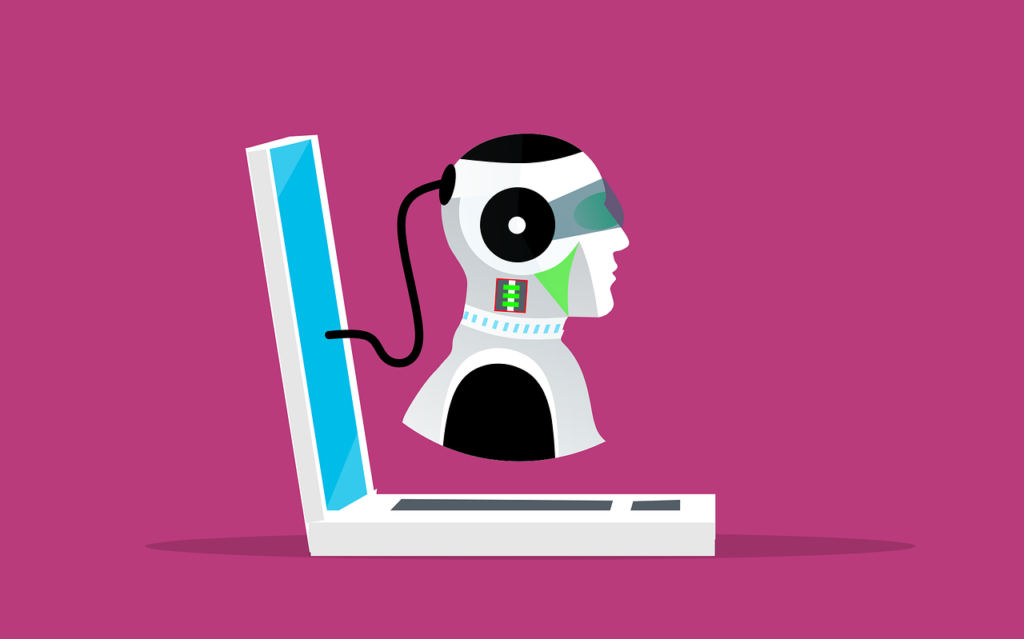
As we stand on the brink of a new era, the realm of artificial intelligence (AI) is buzzing with potential, poised to usher in a wave of innovations and challenges that will redefine our societal fabric. The rapid pace of AI development has sparked a global conversation about its implications, promising benefits, and ethical considerations. This exploration into the future of AI aims to shed light on the trends shaping its trajectory and the predictions that could turn science fiction into reality.
The Integration of AI in Daily Life
The future will see AI become increasingly woven into the fabric of our daily lives. From personalized healthcare and education to smart cities and autonomous vehicles, AI’s integration will enhance efficiency and convenience. Imagine smart homes that not only respond to your commands but also anticipate your needs, or personalized learning platforms that adapt to each student’s pace and style of learning. These advancements will make technology more intuitive and responsive, transforming how we live, work, and interact.
Ethical and Societal Implications
As AI systems become more sophisticated, ethical and societal implications come to the forefront. Issues such as privacy, security, and the impact on employment will require thoughtful consideration and proactive measures. The debate around AI ethics is gaining momentum, focusing on ensuring these technologies are developed and deployed in ways that are fair, transparent, and beneficial for all segments of society. Governments, organizations, and AI developers will need to collaborate closely to establish guidelines and regulations that protect individuals’ rights and foster an inclusive future.
The Future of Work
One of the most hotly debated topics is AI’s impact on the future of work. While AI is expected to automate many routine tasks, it also opens up opportunities for new job creation and the enhancement of existing roles. The key will be in leveraging AI to augment human capabilities, not replace them. Education and workforce development will play critical roles in preparing individuals for the jobs of the future, emphasizing creativity, problem-solving, and emotional intelligence.
Breakthroughs in Healthcare
AI’s potential to revolutionize healthcare is immense, offering possibilities for personalized treatment, early disease detection, and operational efficiencies. Future advancements could lead to AI-powered diagnostic tools that provide more accurate and quicker diagnoses than ever before. Moreover, AI-driven research tools are accelerating the discovery of new treatments and medications, promising a future where healthcare is more accessible, effective, and tailored to individual needs.
Ethical AI and Governance
The governance of AI is another critical area of focus. As AI technologies become more integral to societal functions, establishing frameworks for ethical AI use is paramount. This includes addressing bias in AI algorithms, ensuring data privacy, and developing international standards for AI development and use. Transparent and responsible AI practices will be essential in building public trust and ensuring that AI serves the greater good.
Conclusion: A Future Shaped by AI
The future of artificial intelligence is not just about technological advancements; it’s about shaping a world where technology enhances human life without compromising our values or autonomy. As we navigate this future, embracing the opportunities AI offers while vigilantly addressing its challenges will be key to realizing its full potential. The coming decade promises to be a pivotal period in AI’s evolution, one that could redefine the essence of innovation, collaboration, and societal progress.
As we look forward, the journey of AI is as much about human ingenuity and ethical consideration as it is about technological achievement. The future of AI offers a canvas vast with opportunity, ready to be painted with the collective aspirations and efforts of humanity. It’s a future that calls for engagement, dialogue, and action from all of us, ensuring that as AI advances, it does so in a way that benefits everyone.
FAQs:
- Will AI replace human jobs?
- AI is likely to transform certain jobs, automating routine tasks but also creating new roles that require human oversight, creativity, and emotional intelligence. The focus will be on augmentation rather than replacement.
- How can we ensure AI is used ethically?
- Through the development of comprehensive ethical guidelines, transparent practices, and international collaboration, we can work towards ensuring AI is used in ways that are fair, responsible, and beneficial to society.
- What role will AI play in healthcare?
- AI will play a pivotal role in transforming healthcare by improving diagnostic accuracy, personalizing treatment plans, and making healthcare more accessible through digital health platforms.
The narrative of AI is continuously unfolding, offering a glimpse into a future where the boundaries of what’s possible are constantly being redefined. As we embark on this journey, the collective wisdom, ethics, and creativity of humanity will be crucial in steering the course of AI towards a future that reflects our highest aspirations and ideals.

